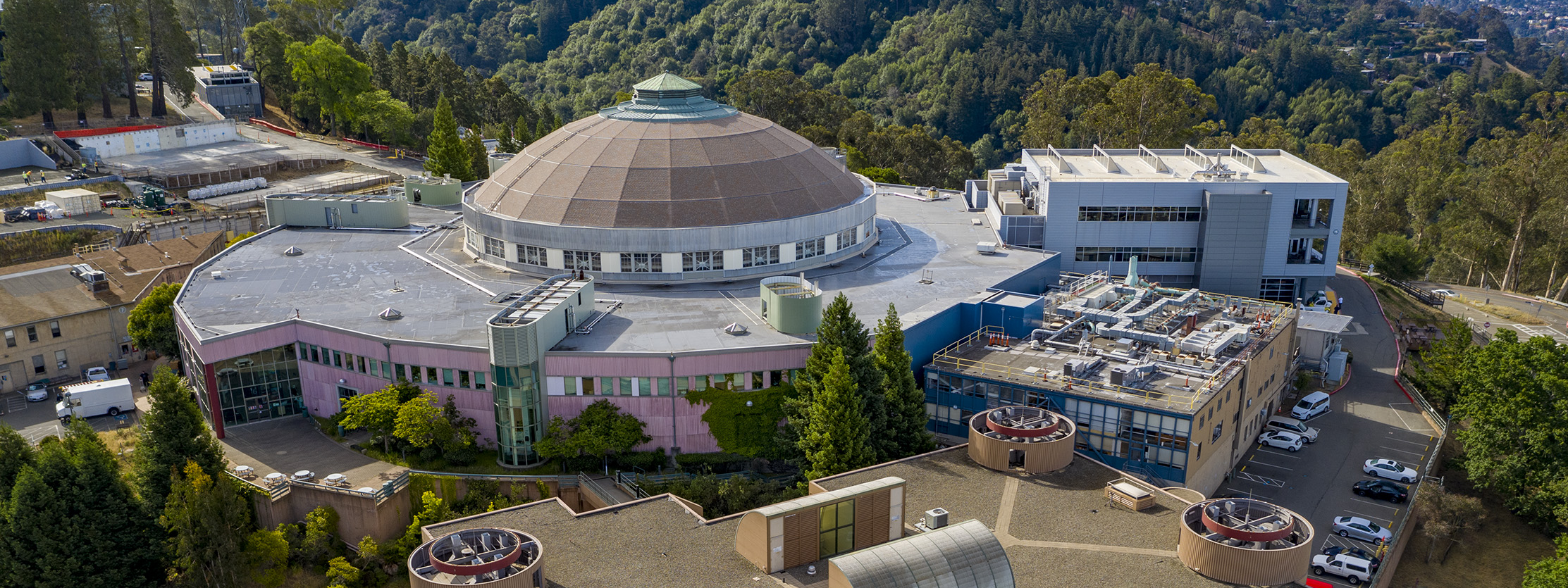The Advanced Light Source (ALS) is a synchrotron light user facility supported by the Department of Energy’s Basic Energy Sciences Program. Its more than 40 beamlines serve nearly 1,700 users annually across the physical and life sciences.
ATAP’s ALS Accelerator Physics (ALS-AP) Program is responsible for operating the complex system of particle accelerators and identifying and pursuing opportunities to enhance their performance and reliability, as described in these publications. We were an integral part of the team that conceived of, proposed, and is now designing the ALS Upgrade, a major project in which a comprehensive upgrade of the facility will increase the brightness of the beams by two orders of magnitude, ensuring it remains a state-of-the-art facility or years to come.
Accelerator Physics Support for ALS Operations
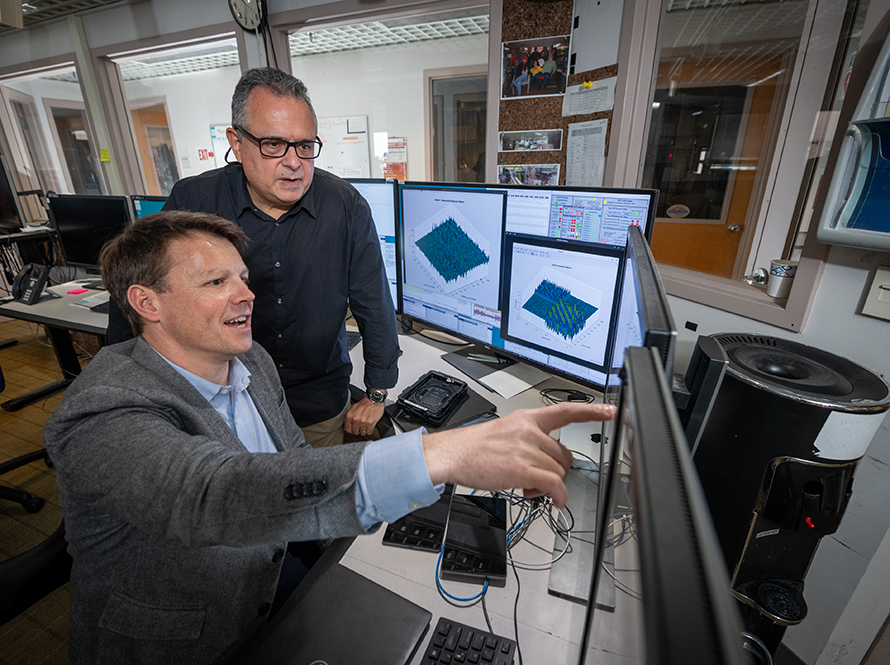
Our program supports ALS operations and staff. In close collaboration with the ALS’s operators and other technical groups, we help monitor beam operations to ensure quality light is delivered to experimental users. We also participate in and guide improvement efforts for the accelerator complex. Our commitment to knowledge-driven operations, proactive upgrades, and troubleshooting is essential to sustaining the accelerator complex’s capabilities and maximizing the facility’s scientific output.
Modeling, Designing, and Commissioning ALS-U
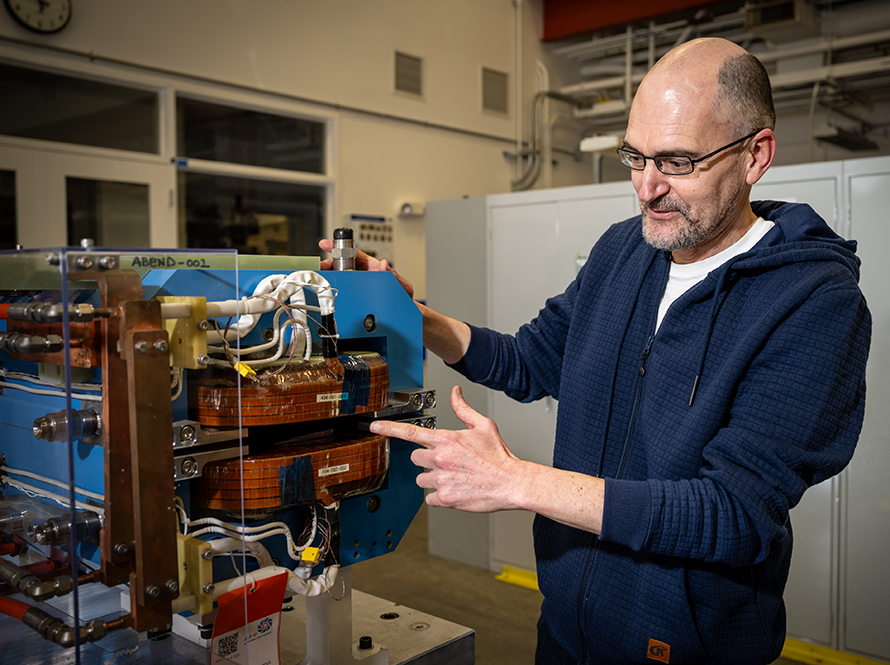
ALS-U will upgrade the ALS to a fourth-generation light source. Berkeley Lab’s largest project since the original ALS construction, ALS-U will ensure that the Lab remains at the cutting edge of soft X-ray synchrotron-radiation science for years to come. Our group was an integral part of the team that conceived and proposed the upgrade, developed the conceptual design, and completed the physics design.
High-Level Application Development
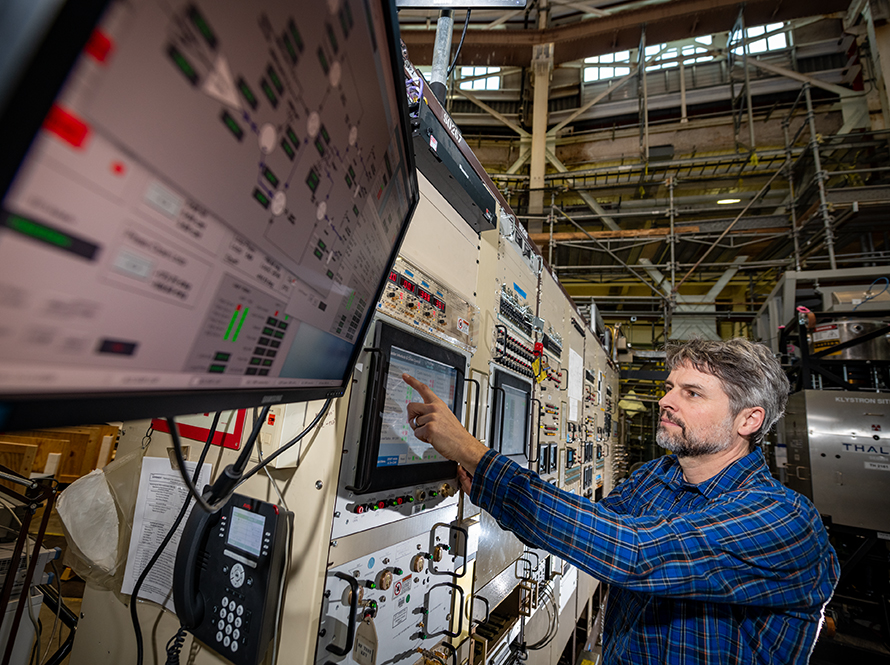
Central to our mission is developing high-level application software tailored to support ALS operations, a critical aspect of ensuring that researchers can carry out their experiments with the highest precision and reliability. This initiative involves the creation of sophisticated, user-friendly software designed to automate intricate processes, provide real-time monitoring of system performance, and facilitate predictive maintenance of the accelerator to preempt potential issues.
Diagnostics and Systems Integration
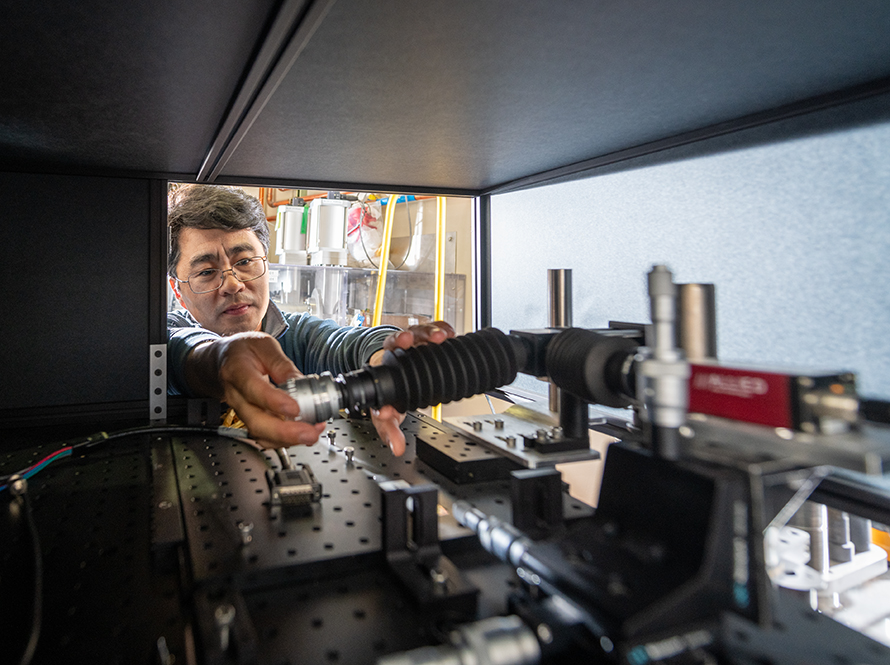
Beam diagnostics play an essential role in machine tuning, commissioning, and operation by thoroughly characterizing beam properties, including beam size, bunch length, energy spread, beam orbit, bunch charge, beam current, beam loss, and more. At ALS, various beam diagnostics tools are deployed and seamlessly integrated into the control and operation system.
Machine Learning Applications
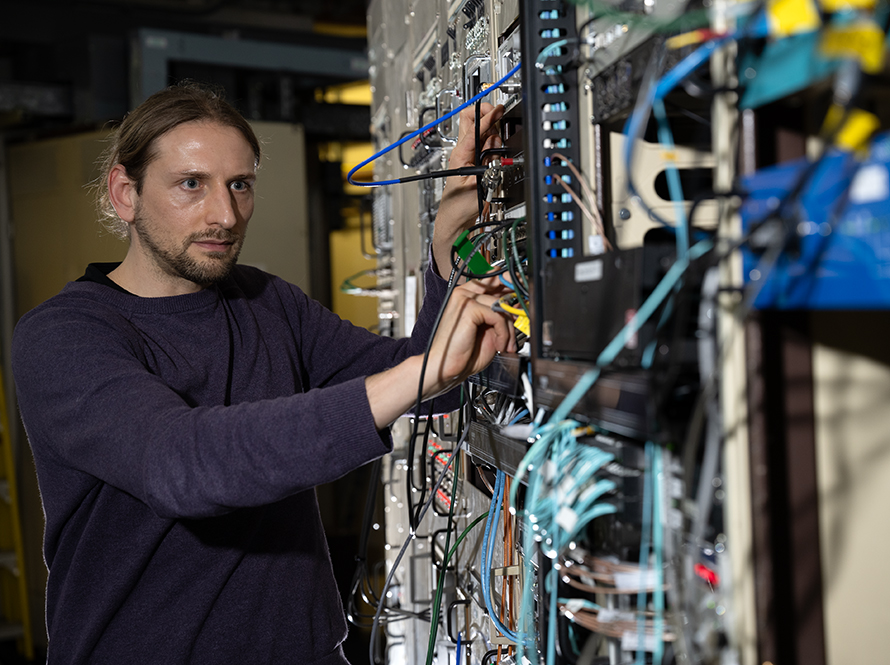
We study and apply Artificial Intelligence and Machine Learning (AI/ML) techniques to improve the performance of existing accelerators, design future accelerators, and operate them more efficiently. We pride ourselves on being the first group in the world to deploy ML-based optimization on a synchrotron light source during routine user operations.
